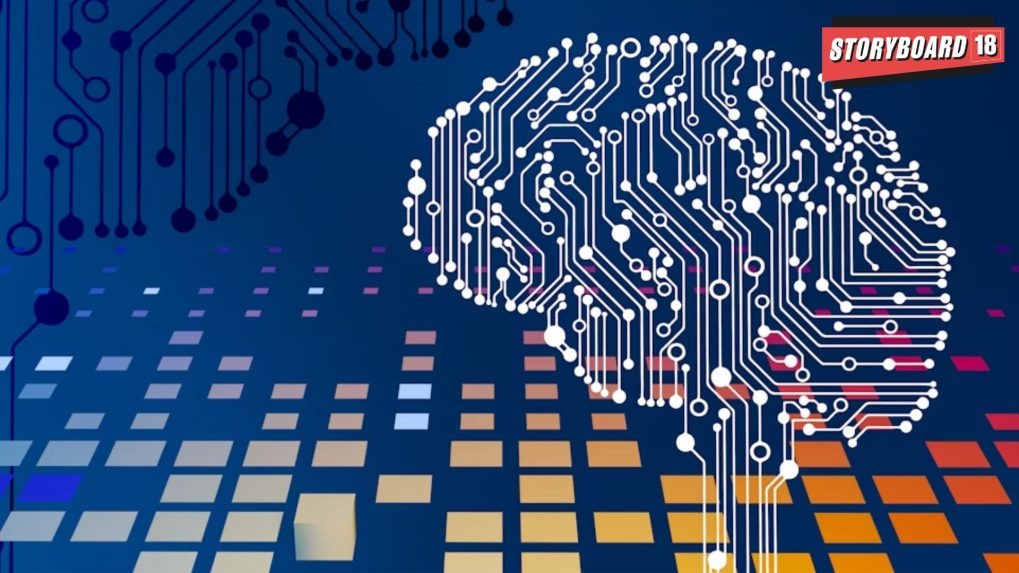Listen to the article
In a remarkable display of literary enthusiasm, attendees lined up eagerly for the inaugural session of Godrej Lit Live!, themed “For The Love of The Word.” The opening featured Nadir Godrej reciting a thoughtfully crafted poem that included a tribute to Anil Dharker, founder of the Mumbai Lit Fest, setting an eloquent tone for the proceedings.
The inaugural panel discussion centered around “TRUTH, TRUST, TESTIMONY,” featuring Nobel laureate Venki Ramakrishnan, Christian Stoecker from Hamburg University, and Booker Prize winner Shehan Karunatilaka from Sri Lanka. Rhodes Trust scholar Anish Gawande moderated the intellectually stimulating conversation.
The session began with an exploration of truth itself. Ramakrishnan offered a scientific perspective, explaining, “In science, you can begin with a hazy idea and then work your way to a consensus. In that sense science has always been groping for the truth, and this truth is provisional until new evidence emerges.” This articulation highlighted the evolving nature of scientific truth.
Stoecker approached the concept from a different angle, noting that “Truth itself is threatened by those who undermine that it can be known at all.” His observation pointed to the contemporary challenge of truth denialism that has gained traction in public discourse.
Adding a touch of humor, Karunatilaka, who worked in advertising before becoming an author, quipped, “I make a living peddling lies!” before contemplating how truth becomes contextual in everyday situations like healthcare decisions.
The discussion shifted to trust, with Ramakrishnan emphasizing its practical implications during the pandemic. “It’s human nature to pay more attention to what you trust. So when someone you trust says that during a pandemic, masks work or otherwise—you believe them,” he said. He used the example of surgical masks to illustrate how evidence-based practices become trusted standards.
Karunatilaka referenced Sri Lanka’s 2022 youth uprising (Aragalaya) that led to governmental change, stating, “There’s a lot of your truth and my truth going around. But the youngsters trusted themselves and their truth and took action. That’s what matters—to trust your truth.” His observation highlighted how collective trust in shared experiences can catalyze social change.
Stoecker added nuance to the conversation by addressing how trust is undermined: “There will always be conspiracy theorists who will say, ‘that’s your evidence, this is mine.’ People often put out conflicting theories to undermine the truth. This erodes trust. The process to find the truth, no matter what the process reveals is important. That’s when we build trust.”
On testimony, the panelists examined how evidence’s nature has changed in the digital age. Karunatilaka questioned whether photographic evidence maintains its historical credibility, citing the iconic “Napalm Girl” photograph that came to define the Vietnam War.
Stoecker offered insight into how contemporary information ecosystems function, stating that information today is “harvested for attention, optimized for engagement and not for the truth.” He added, “You can also optimize for outrage. And this has been around way before AI. What AI has done is lowered the cost of disinformation.” His observation underscored the economic dimensions of information distortion.
Ramakrishnan maintained his evidence-focused perspective: “In science—there is only one truth. The truth may be complex but there cannot be versions of it. The truth as we see it in humanities may be interpreted differently.”
Throughout the session, Gawande skillfully wove these complex themes into a coherent narrative, creating what observers called a fitting opening for Mumbai—a city with a rich literary tradition that continues to celebrate language, literature, and books.
The successful launch of Godrej Lit Live! demonstrates the enduring public appetite for thoughtful literary discourse, particularly around topics of truth and trust in an era often characterized by information confusion. Such platforms for intellectual engagement remain vital in fostering critical thinking and preserving literary culture in metropolitan India.
Fact Checker
Verify the accuracy of this article using The Disinformation Commission analysis and real-time sources.




6 Comments
This panel discussion on ‘TRUTH, TRUST, TESTIMONY’ sounds like it covered some crucial issues surrounding the spread of disinformation. I’m curious to learn more about the specific findings from the study mentioned in the article.
The panel discussion on ‘TRUTH, TRUST, TESTIMONY’ sounds like it covered some important ground. I’m curious to learn more about the perspectives shared by the diverse group of speakers.
The evolving nature of scientific truth is a fascinating topic. I appreciate the panelists’ perspectives on the challenges to truth and trust in the modern world.
The opening poem and tribute to Anil Dharker set an eloquent tone for this literary event. I wonder if the themes of truth and trust were also woven into the creative writing discussions.
Interesting to see how AI is impacting the spread of disinformation. I wonder if there are ways to harness AI to help combat this issue as well.
The topic of AI reducing the cost of spreading disinformation is concerning. I hope researchers can find ways to leverage AI to help identify and limit the impact of false information online.